In a country where apartheid sought to erase identity and suppress resistance, one voice emerged to reawaken the soul of an oppressed people. Steve Biko, the visionary founder of the Black Consciousness Movement, was more than an activist—he was a beacon of psychological and political liberation. Though his life was tragically cut short at just 30, his ideas and courage continue to fuel South Africa’s long march toward freedom.
A Youth Shaped by Oppression
Born on December 18, 1946, in Tarkastad, Eastern Cape, Bantu Stephen Biko was raised in the segregated township of Ginsberg, near King William’s Town. Early hardship marked his childhood: his father, Mzingaye Mathew Biko, a clerk and part-time law student, died when Steve was only four years old. His mother, Alice “Mamcethe” Biko, struggled to support four children on her earnings as a domestic worker amid the indignities of apartheid—including pass laws, forced removals, and systemic racism. In this crucible of hardship and inequality, Biko’s understanding of the world and its systemic injustice was forged.
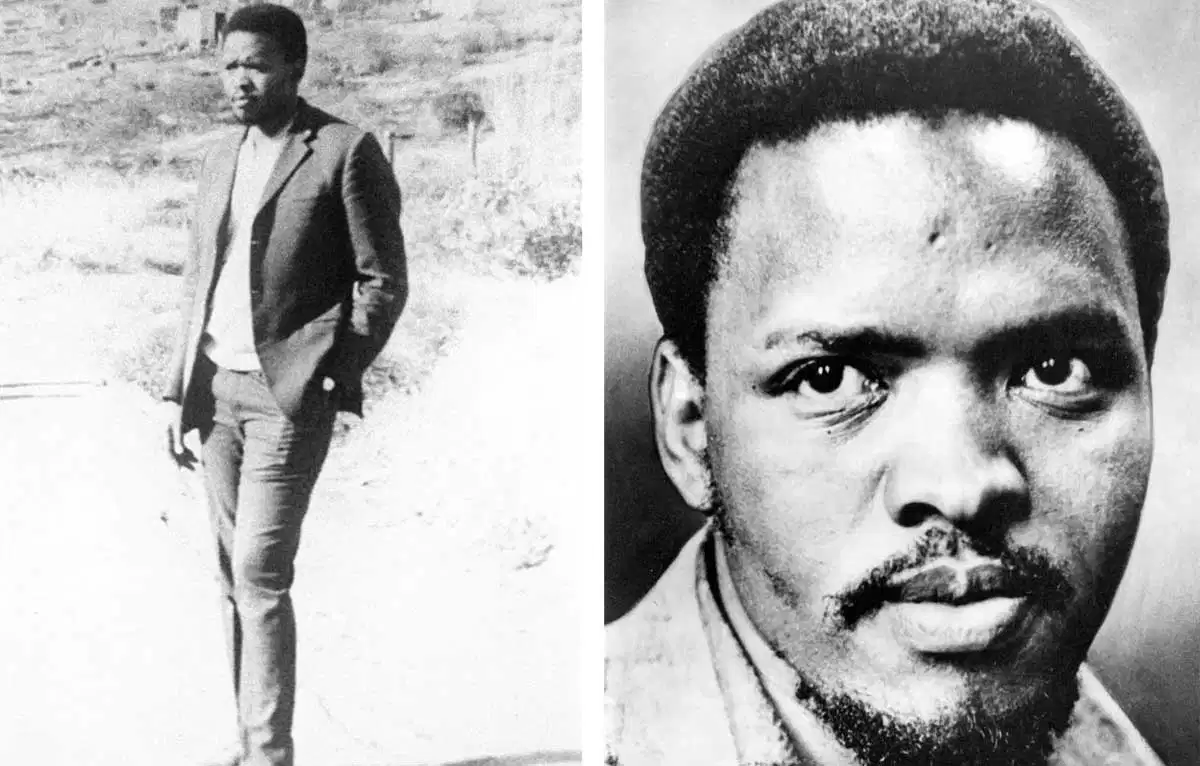
Biko’s academic journey was marked by a spirit of defiance. In 1963, the apartheid regime’s paranoia about Black political activity reached his doorstep when his brother Khaya was falsely accused of ties to the banned Pan Africanist Congress (PAC). As a result, Biko was expelled from Lovedale College—a decision that, rather than breaking his resolve, only hardened his commitment to fighting injustice. He later attended St. Francis College in Natal, a progressive Catholic school where he immersed himself in anti-colonial literature by thinkers such as Frantz Fanon and Malcolm X. These texts ignited his belief that psychological liberation must precede physical freedom.
The Birth of Black Consciousness
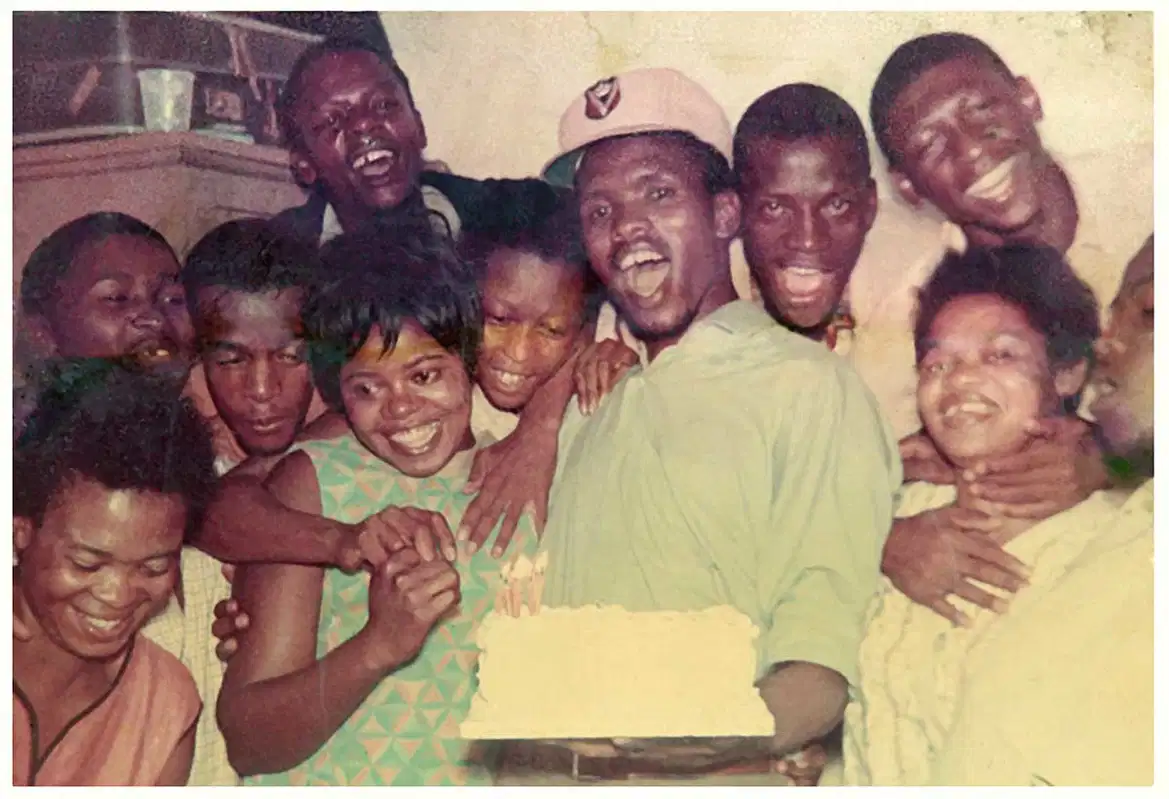
By 1966, Biko was enrolled at the University of Natal Medical School. It was during this period that he became involved with the National Union of South African Students (NUSAS), a predominantly white liberal organization. However, disillusionment quickly set in as he observed the paternalistic attitudes that limited genuine Black empowerment. Determined to chart a new course, Biko co-founded the South African Students’ Organisation (SASO) in 1968. As its first president, he became the eloquent voice of Black South Africans, articulating a philosophy founded on dignity, self-worth, and psychological revolt.
SASO’s manifesto, drafted under Biko’s careful direction, proclaimed: “Black Consciousness is the realization that the most potent weapon of the oppressor is the mind of the oppressed. We must liberate ourselves mentally before we can achieve physical freedom.”
For Biko, liberation was not solely about tearing down legal barriers; it was about demolishing the mental chains that had long kept his people subjugated.
Reclaiming Black Identity
Biko’s movement redefined what it meant to be “Black” at a time when the term had been imbued with dehumanizing connotations. Rejecting labels like “non-white,” he instead championed the reclamation of Black identity as a source of pride and unity for Africans, Coloureds, and Indians oppressed by apartheid. He famously stated, “Black is not a matter of pigmentation—Black is a reflection of a mental attitude.”
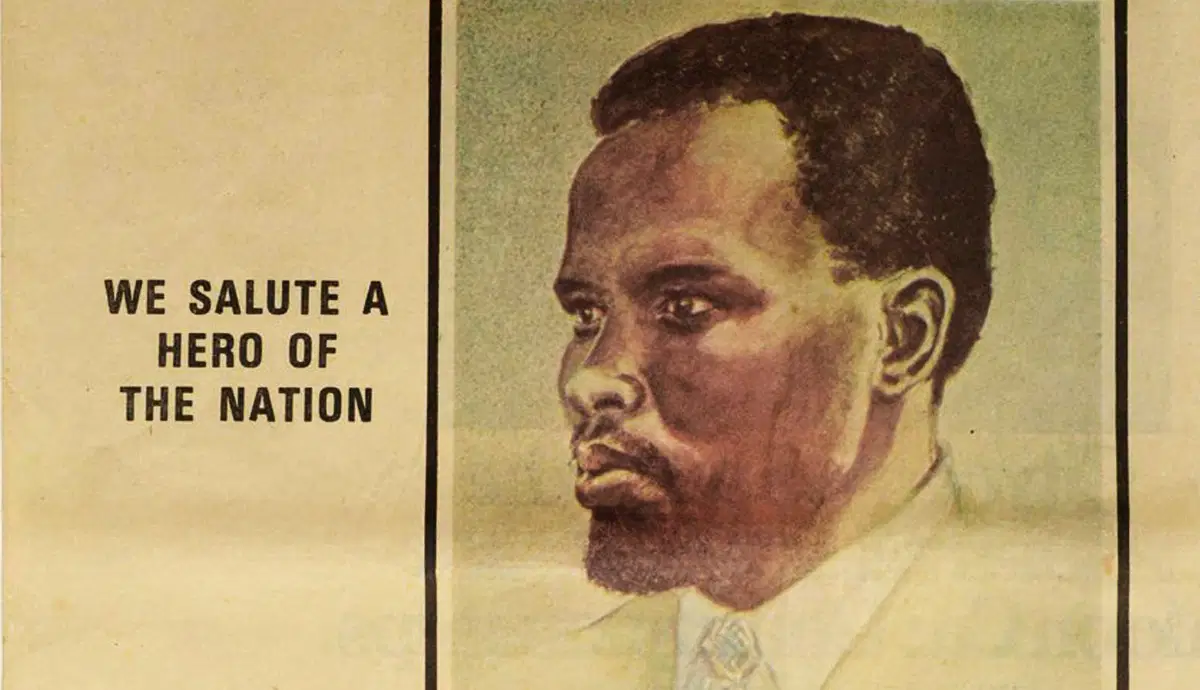
Under his leadership, the Black Consciousness Movement not only produced impassioned speeches and radical writings but also translated its philosophy into tangible community initiatives. Biko’s influence extended beyond rallies and publications into practical efforts: he was instrumental in the establishment of the Zanempilo Community Health Centre, which provided free healthcare staffed by Black professionals, and the Zimele Trust Fund, which offered financial support to political prisoners’ families. These initiatives were part of a broader vision encapsulated in Biko’s belief that liberation required building new institutions—“We are not just fighting for a seat at the table; we are building our own table.”
A Target of the State
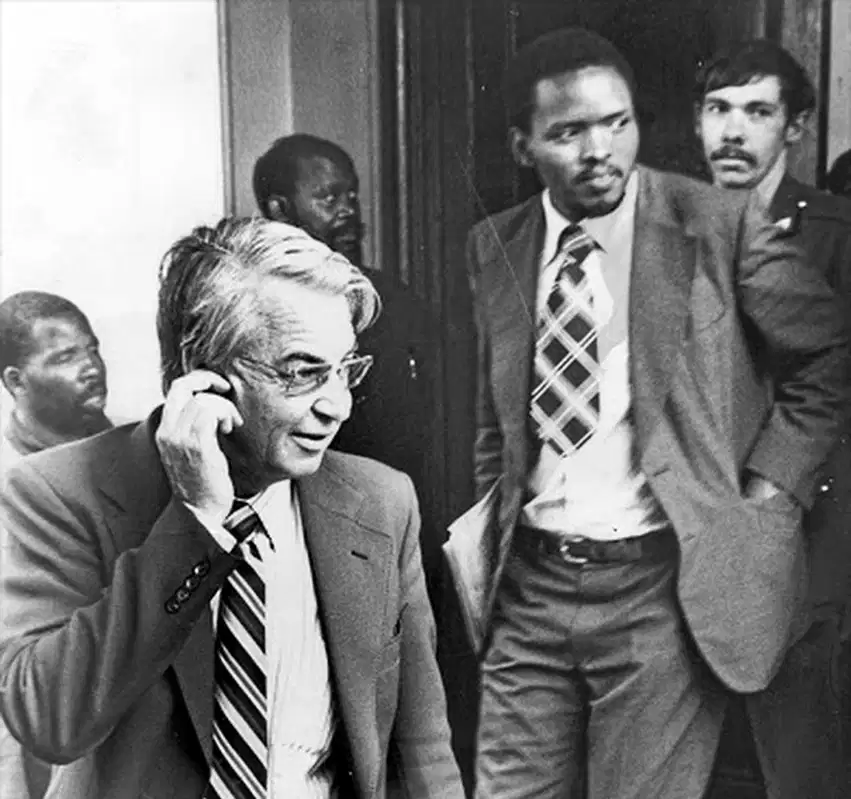
As Biko’s influence grew, so too did the alarm of the apartheid regime. His uncompromising stance and powerful rhetoric made him a marked man. In 1973, the government “banned” him, confining him to King William’s Town and strictly limiting his ability to communicate, write, or meet with others. Yet even under this oppressive surveillance, Biko continued to mentor young activists and played a crucial, if hidden, role in the ferment that would eventually lead to the 1976 Soweto Uprising—a student rebellion against the forced use of Afrikaans in schools.
Death in Detention: The Ultimate Sacrifice
On August 18, 1977, Steve Biko’s unwavering battle against apartheid came to a brutal climax. Stopped at a roadblock near Grahamstown, he was arrested by the security forces. Biko was taken to a police cell in Port Elizabeth where he was savagely beaten, left without adequate medical care, and ultimately transported—naked and shackled—across 1,000 kilometers to Pretoria. On September 12, 1977, the injuries sustained in detention claimed his life in the form of a fatal brain hemorrhage.
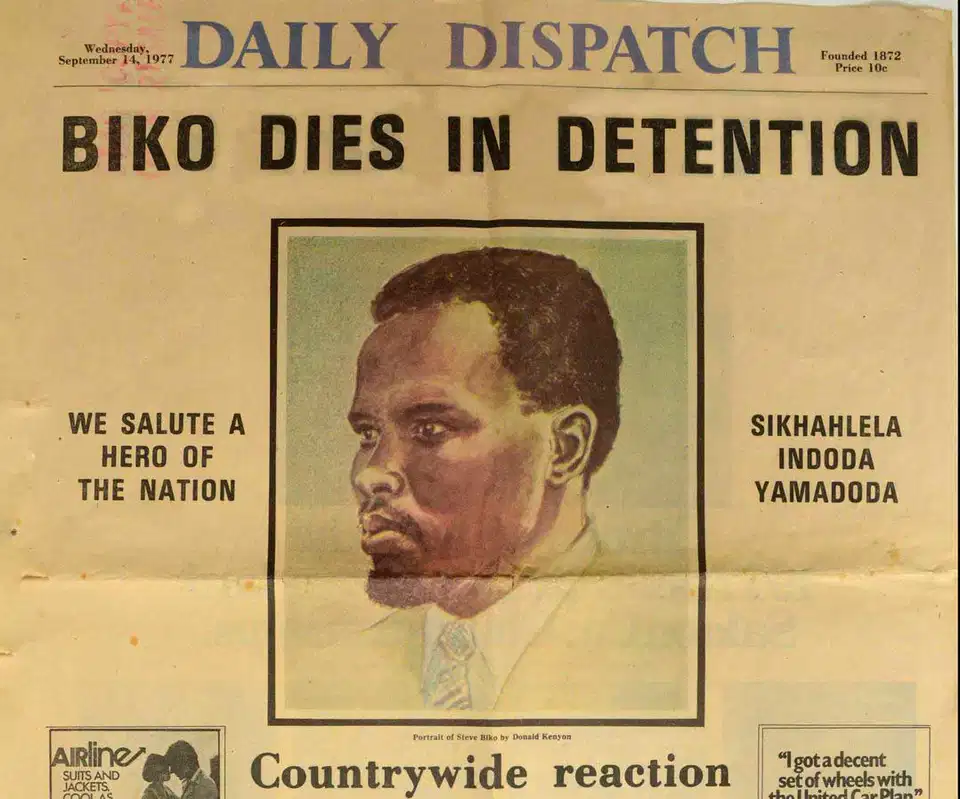
In a tragic twist of state propaganda, the regime falsely asserted that Biko had died as a result of a hunger strike. However, courageous journalists such as Donald Woods exposed the truth behind his brutal mistreatment, sparking international outrage. His funeral, attended by 20,000 mourners, became a potent symbol of national grief and defiance, while global condemnation of apartheid intensified.
A Legacy That Refuses to Fade
Steve Biko’s life and untimely death marked a watershed moment in South Africa’s struggle against oppression. His stirring call for internal liberation resonated with students, trade unions, and revolutionaries both within South Africa and across the global diaspora. His philosophy, rooted in the idea that “the mind is the primary battlefield,” has had lasting ripple effects in various arenas:
Art & Music: Celebrated in Peter Gabriel’s iconic song “Biko” and immortalized in films like Cry Freedom (1987), his legacy endures as a source of creative inspiration.
Academia: Biko’s writings are now integral to studies on decolonization and identity politics, influencing curricula around the world.
Modern Activism: Movements such as Black Lives Matter echo his insistence on reclaiming dignity and self-worth against persistent forces of racial injustice.
The Steve Biko Foundation, led by his son Nkosinathi Biko, continues his mission by promoting education, health equity, and youth empowerment across South Africa. In recent years, youth-led protests for economic equality have drawn upon his enduring call for a society “where no one is a slave to another.”
Conclusion: The Unfinished Revolution
Steve Biko’s enduring declaration, “You are either alive and proud, or you are dead. When you are dead, you can’t care,” echoes through every struggle against injustice. Though his physical voice was silenced in detention, his vision lives on powerfully in every act of defiance and every step taken toward reclaiming dignity and identity.
In the ongoing battle against inequality, racism, and the lingering shadows of colonialism, Biko’s legacy reminds us that true liberation begins in the mind. His life—a mere 30 years punctuated by unyielding passion and intellectual bravery—continues to light the path forward for generations who dare to challenge oppression and imagine a world defined by self-determination and respect.


